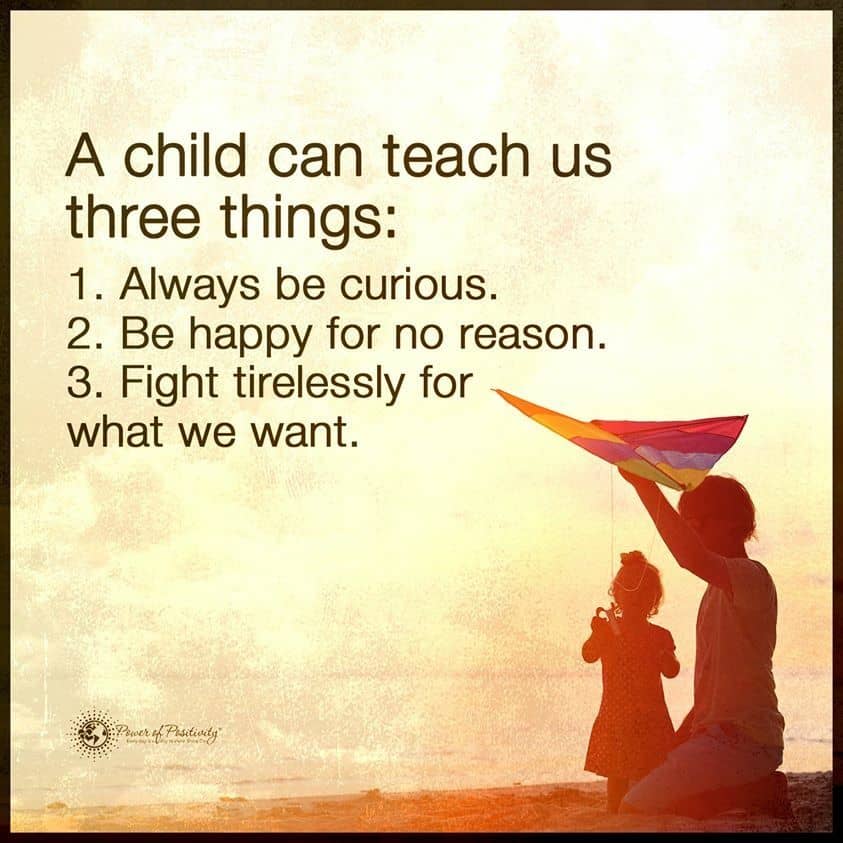Anytime there is a divorce or a relationship breakup with a child (or children) involved, it’s only natural for the other person to worry about parental alienation. This is a growing concern among custody disputes across the country, and the cost is extensive to fight these matters in court. Thankfully, there are ways that the parents can avoid these actions by taking a proactive stance.
The problem with these situations is that children feel caught in the middle, and they often mirror the actions they see from their parents. Additionally, children learn that it’s acceptable to use mean and nasty tactics to get what they want. Various behaviors are categorized as parental alienation, but few are the most commonly seen from officials.
In child custody disputes, a child custody investigator plays a vital role in gathering crucial information to support the best interests of the child. These professionals are skilled in assessing family dynamics, collecting evidence, and providing unbiased reports to the court.
In situations involving concerns of parental alienation, their findings can be key in revealing how each parent’s actions are impacting the child’s well-being. A Vancouver PI agency, known for its expertise in family law investigations, can assist in this process by conducting thorough investigations outside of the legal framework, helping to uncover critical information that supports a fair and balanced custody decision.
By working alongside child custody investigators, these agencies play a crucial role in uncovering important details that contribute to resolving custody conflicts. Their expertise helps build a solid foundation for custody cases by revealing the behaviors and actions that impact the child’s well-being, ultimately guiding parents toward a more peaceful and fair outcome.
Fifteen Behaviors That Might Cause a Child to Feel Alienation
If you had a bitter breakup with the mother or father of your children, then you may be inclined to get the kids involved. However, nothing can cause more psychological damage than a child being caught in the crossfire between two fighting parents. Here is a list of the most common alienation tactics observed, and you can see if you have room to improve in your situation.
 1. Allowing Kids to Defy Court Orders
1. Allowing Kids to Defy Court Orders
One of the most significant issues in a custody battle is following the court orders. If the child doesn’t want to see the other parent, you must still make them visit. A child cannot choose to alter the court orders, and you must make sure they’re enforced.
The other parent has a right to see their kid regardless of how the child feels about it. If one parent allows a child to skip visitation, then they are guilty of alienation. Plus, it can result in unnecessary court drama as the other party may file a motion of contempt.
2. Not Being Flexible on Visitation
Wouldn’t it be nice if life always goes as planned? Sadly, things never go entirely as you intend, so you need to learn flexibility. When you don’t accommodate the other parent on a change of plans, then they won’t be apt to accommodate you.
3. Not Allowing Kids to Transport Belongings
When children have favorite toys or clothing, they will naturally want to bring them to the other parent’s home. When you put specifications on what can and cannot go to the other house, you’re causing issues.
If there is a problem with the child bringing home things or stuff getting broken, then communicate with the other parent about your concerns rather than making the child suffer.
4. Making the Child Spy
Your child is not a spy for you. Don’t grill them with 101 questions when they come home from a visit. When the child must recall every minute of their stay with the other parent, they will feel like they’re in the middle.
It’s not fair to the other parent or the child to make them feel this way. Letting go means that you must trust the other parent. If there are issues, then hire a private detective to do your investigative work, and leave your child out of it.
5. Making a Child’s Schedule to Busy Visitation is Disturbed
It will help if you don’t pack your child’s schedule so much that they miss visitations. An occasional sport’s practice is acceptable, but the other parent shouldn’t feel that you’re infringing on their time by purposely involving them in too many extracurricular things.
6. Sharing Confidential Relationship Information with Children
Whatever happened between you and your ex is no business of your child. Don’t tell your kid things about their mother or father that are private in nature. Knowing their parent cheated or did some other unscrupulous thing is not going to help matters one bit.
Be careful about parental alienation by trying to make the other parent look bad because it can come back to bite you.
7. Asking the Child to Transport Information To Other Parent
Your child is not your go-between, nor are they an answering machine to reply to messages to the other parent. If you have something to say to the other party, then you need to be the one to relay the message. If you can’t get along enough for a face-to-face conversation, then use text messages that can be printed for verification.
 8. Refusing to Cooperate with Other Parent
8. Refusing to Cooperate with Other Parent
Cooperating with the other parent is only going to make your child’s life easier. Some families feel comfortable enough to go on vacation and mingle new relationships together. However, you don’t have to be close buddies to get along. The more effort you put into getting along with your ex, the happier your child.
9. Breaking Promises to Children
Parents often get in a war for their child’s affection. You want to “one-up” the other parent by buying expensive gifts and promising the moon. Sadly, your child will enjoy every minute of this game, but it’s often hard to keep up with for the long haul.
If you or your ex make a promise to your child, you need to make sure that you keep that promise. They will remember every broken vow, and they will hold you responsible for them.
10. Badmouthing the Other Parent
Don’t blame everything wrong on the other parent. Sure, it’s easy to point fingers and get upset when there is a custody battle. However, it would help if you remembered there are always little ears listening.
That other person that you’re badmouthing is their mom or dad, and they love them. They should never have to hear you talk smack about someone they love. Let your kid make their decisions. If the other person is not the greatest for them, they will see for themselves in time.
11. Making A Child Choose Between Parents
Never, ever ask your child to choose between their mom and their dad. That’s not a fair position to put them in as they love both of you.
If they come to you and decide they want to live with the other parent when they’re of age, you need to accept that as their choice. However, don’t try to bribe them or offer to buy them the moon to make them choose you.
12. Keeping Secrets
Children shouldn’t have to keep secrets from one parent or the other. The only thing you can ask them to do is not tell personal information from your home. Things regarding their health and safety, and activities going on in their lives, are never things they need to keep quiet.
13. Accusing the Other Parent of Abuse
If you think that there may be some abuse issues or a substance problem, don’t make these accusations in front of the child. Your child will tell you if there is something that you should be alarmed about. If your kid comes home with bruises, you don’t get to play judge and cancel their next visitation.
You must go before the court and ask the judge to issue an order suspending visitation or change it to supervised visits. If you start changing the demands without authority, then you’re in danger of being in contempt of court.
14. Making Demands Contrary to Court Orders
The court orders are noticeably clear on how much money the other person must pay and their responsibilities to the child. You cannot make demands for more money and hinge it on the basis that you will withhold visitation. You’re not in control of whether the parent sees their kid as it’s up to the court.
15. Allowing A Child to See You Argue
If you have a problem with the other parent, don’t fight and argue in front of the children. Imagine how you would feel if you were that child seeing two people they love hurl accusations against the other? It’s a terrible position to put the child into, and it can cause them long-term problems.
 Final Thoughts on Parental Alienation For A Child
Final Thoughts on Parental Alienation For A Child
Going through a divorce or a separation with a child is one of the most challenging things you will ever go through. No matter how angry you are or how bad things have become with the other parent, you should never take it out on the child. Parent alienation is a serious matter, and it can be punishable by the courts.
Though it may be the most challenging thing you ever do, you must learn to get along with the other parent for the sake of your child. They will appreciate being able to spend time with both their parents without passing messages or feeling that they’re going to be in trouble when they get home.
You only get a few years with your kid before they’re grown and on their own. Don’t make their childhood full of torment and regret. You have the power to control how things go if the other party is willing to work with you. If the other party proves to be difficult, then let the courts handle the situation.


















